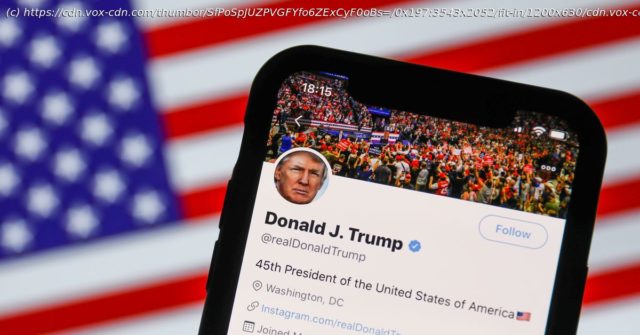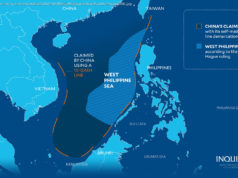President Trump’s campaign is shaped by, and aimed at, an audience largely existing on Twitter.
At a campaign rally in Des Moines, Iowa, last week, President Trump waxed philosophical on a subject close to the hearts of everyone in the audience: former Associate Deputy Attorney General Bruce Ohr. “Do you hear the news?” Trump said, “Bruce Ohr is finally out of the Department of Justice.” If you do not recognize the name “Bruce Ohr,” that’s not because you are inadequately informed — he does not really have a claim to fame. Bruce Ohr, who was a former associate deputy attorney general at the Justice Department, is best known for meeting with former British intelligence officer Christopher Steele, author of the “Steele dossier.” (That’s the document that alleged Trump was under the influence of Russian intelligence services, which had supposedly also compiled blackmail material on him.) Ohr’s wife Nellie worked for Fusion GPS, the opposition research firm that employed Steele to write the infamous dossier. Ohr’s name has come up in conservative media countless times as proof that the investigation into Trump’s ties with Russian assets was tainted from the beginning. But Iowans are likely more concerned about rising numbers of coronavirus-related hospitalizations and a potential surge in unemployment (an issue Trump’s campaign focused heavily on in 2016). So with a few weeks to go until Election Day, why was the president instead cheering the exit of a former Justice Department official — on whom I wrote an article in 2018 and still had to look up his backstory? The answer is that Donald Trump and his campaign are poisoned by toxic levels of being Extremely Online. To be Extremely Online is not simply to be literally connected to the internet (as you likely are at this very moment), but to be deeply enmeshed in a world of internet culture, reshaped by internet culture, and, most importantly, to believe that the world of internet culture matters deeply offline. Being Extremely Online is both a reformation of the delivery of ideas — shared through words and videos and memes and GIFs and copypasta — and the ideas themselves, a world in which Twitter effectiveness counts as political effectiveness despite Twitter’s comparatively small audience. The importance of those ideas is then judged not by their real-world impact but on their corresponding popularity or infamy in the world of Online. A trending topic on Twitter becomes a critical locus of entirely online discussion, a Facebook post becomes an infamous online reference for months to come, an entire infrastructure can arise to foment the celebrity of a person you would have never heard of had you not baked in the furnace of being Extremely Online. A person like, say, Bruce Ohr. After five years of claiming that Democrats took their cues from Twitter and were untethered from the realities of American life, the Trump campaign has spent significant time focusing on issues that are most of interest to conservatives who spend hours of each day on Twitter, and thus believe that the issues discussed on that platform (or even the machinations of the platform itself) are of critical importance to every American. That’s not who won 2016 for Trump — it was groups such as independent voters who didn’t like Hillary Clinton, not people enraptured by his online whims. In 2020, Trump is ignoring those voters and emphasizing priorities that are largely detached from what most voters care about and are set on a platform most Americans don’t use. The Twitter-directed presidency Recent research shows that the vast majority of Americans — 80 to 85 percent of the American population — don’t follow politics closely or at all. And among voters, the most important issues are the economy, the coronavirus pandemic, criminal justice and policing, race relations, and health care, according to a Kaiser Family Foundation Health Tracking Poll in early September. There are partisan differences: Democrats care more about climate change than Republicans, Republicans care more about abortion than Democrats, and the importance of immigration has dropped precipitously for members of both parties.






